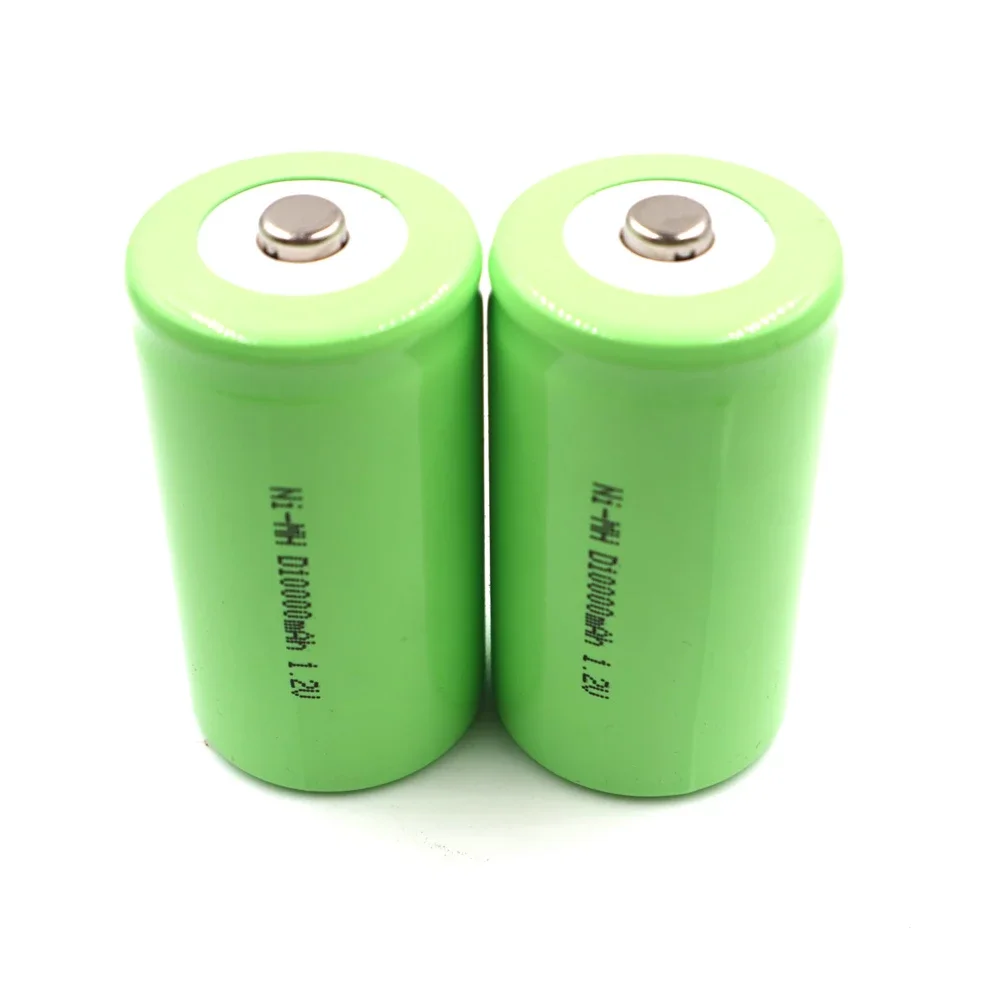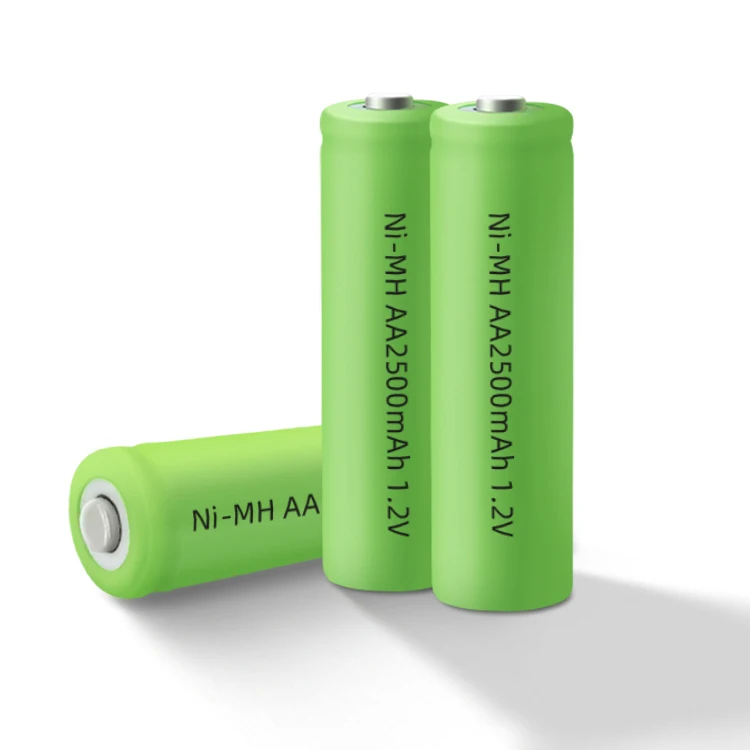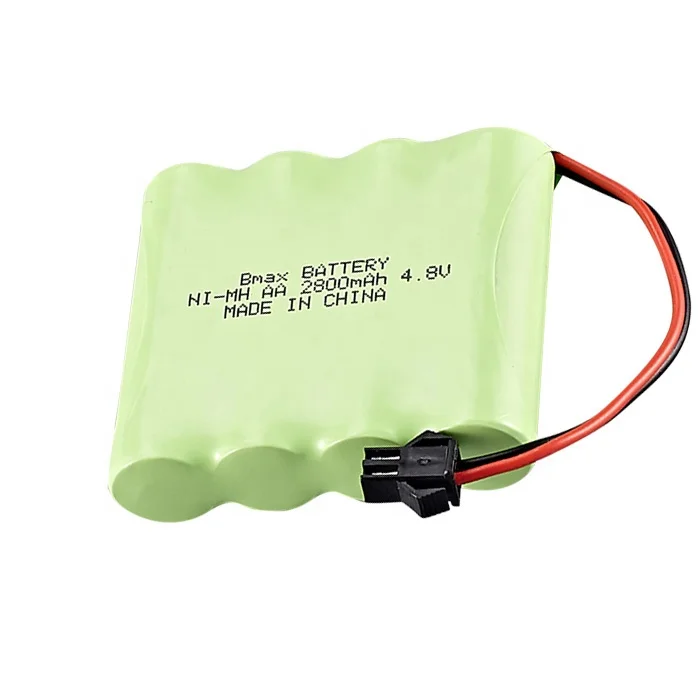In today’s world, where sustainability is at the forefront of our collective consciousness, the quest for efficient and eco-friendly energy solutions has never been more critical. Among the myriad options available, Nickel Metal Hydride (NiMH) batteries stand out as a promising contender. These rechargeable powerhouses offer a compelling combination of performance, reliability, and environmental friendliness, making them an increasingly popular choice for a wide range of applications. In this blog post, we’ll delve into the fascinating world of NiMH batteries, exploring their technology, advantages, applications, and potential impact on our quest for a greener future.
Understanding NiMH Batteries
NiMH batteries belong to the family of rechargeable electrochemical energy storage devices. They are composed of a positive electrode (nickel hydroxide), a negative electrode (a metal hydride compound), and an alkaline electrolyte. When charged, NiMH batteries undergo a chemical reaction that converts electrical energy into stored chemical energy. Conversely, during discharge, this process is reversed, releasing the stored energy as electricity.
Advantages of NiMH Batteries
- High Energy Density: NiMH batteries boast a respectable energy density, allowing them to store a significant amount of energy relative to their size and weight. This makes them suitable for various portable electronic devices, from smartphones and laptops to digital cameras and power tools.
- Rechargeability: One of the most significant advantages of NiMH batteries is their rechargeability. Unlike disposable batteries, which must be discarded after use, NiMH batteries can be recharged hundreds, if not thousands, of times, significantly reducing waste and environmental impact.
- Low Self-Discharge: NiMH batteries exhibit a relatively low self-discharge rate compared to other rechargeable battery chemistries, such as Nickel Cadmium (NiCd). This means they can retain their charge for extended periods when not in use, making them ideal for devices with intermittent or occasional use, such as remote controls and emergency backup systems.
- No Memory Effect: Unlike NiCd batteries, NiMH batteries are largely free from the memory effect, a phenomenon wherein batteries gradually lose their maximum capacity if repeatedly recharged before being fully discharged. This ensures consistent performance over the battery’s lifespan and simplifies charging routines.
- Environmentally Friendly: NiMH batteries are considered more environmentally friendly than their disposable counterparts, as they can be recycled to recover valuable materials like nickel and cobalt. Additionally, their rechargeability reduces the need for single-use batteries, thereby decreasing the volume of hazardous waste entering landfills.
Applications of NiMH Batteries
The versatility and reliability of NiMH batteries make them suitable for a diverse array of applications, including:
- Consumer Electronics: NiMH batteries power countless consumer electronic devices, including digital cameras, handheld gaming consoles, MP3 players, and flashlights, providing reliable performance and long-lasting power.
- Transportation: NiMH batteries are used in hybrid electric vehicles (HEVs) and electric bicycles due to their high energy density, robustness, and cost-effectiveness. While lithium-ion batteries dominate the electric vehicle market, NiMH batteries remain a viable option for certain applications, particularly in hybrid vehicles.
- Renewable Energy Storage: NiMH batteries can store energy generated from renewable sources such as solar panels and wind turbines, helping to stabilize power grids and enhance energy independence.
- Emergency Backup Systems: NiMH batteries serve as backup power sources for critical systems such as emergency lighting, alarm systems, and telecommunications equipment, ensuring continuous operation during power outages or emergencies.
Conclusion
In conclusion, NiMH batteries represent a compelling solution to the growing demand for sustainable energy storage. With their high energy density, rechargeability, low self-discharge, and environmental friendliness, NiMH batteries offer a winning combination of performance and eco-consciousness. As we strive to build a greener future, NiMH batteries are poised to play a significant role in powering our devices, vehicles, and infrastructure while minimizing our carbon footprint and preserving our planet for future generations.


